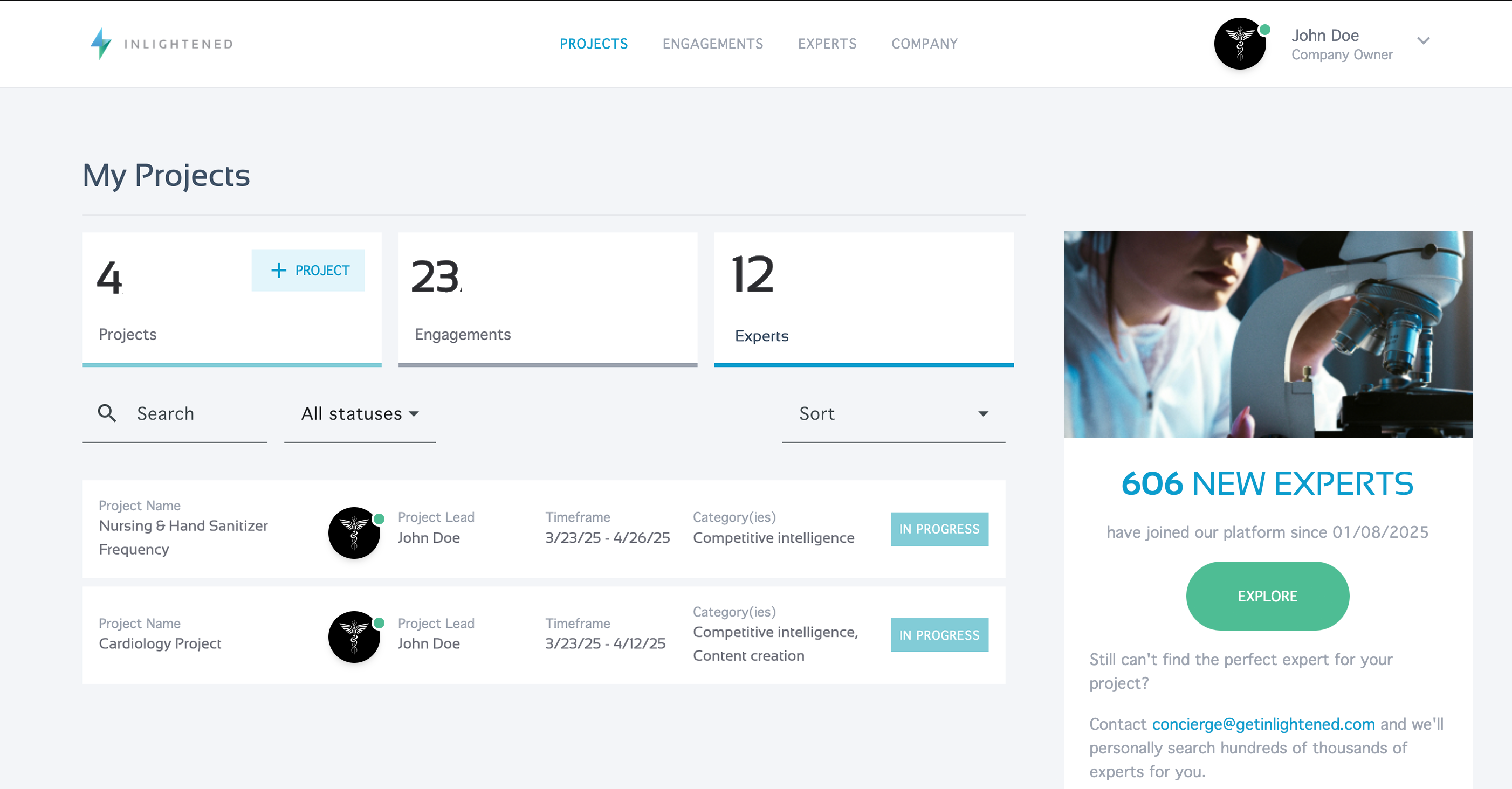Advancing healthcare innovation through diversity, equity, & inclusion
Healthcare innovation has historically relied on small, siloed groups of patients and key opinion leaders (KOLs), resulting in similar ideas, experiences, and frequent failures. Across life sciences, digital health, and health systems, these failures manifest in many forms, from disparate outcomes to systemic racism. Here’s how founders, innovators, and investors can prioritize diversity, equity, and inclusion — throughout every stage of innovation — in order to drive meaningful change for all.
Acknowledge — and actively work against — the problem with innovation
Innovation begins with an idea to solve a problem. So how do we dig deeper, when innovation itself is the problem? We change the way we’ve gone about it in the past.
 If those designing solutions to care policies, systems, and delivery methods are limited to sourcing feedback exclusively from their own networks, we are missing valuable outside opinions, insights, and expertise. It’s essential to source a high volume of diverse insights — early, often, and on an ongoing basis — supported by the varied backgrounds and experiences of healthcare professionals (HCPs) that have the ability to push innovations forward.
If those designing solutions to care policies, systems, and delivery methods are limited to sourcing feedback exclusively from their own networks, we are missing valuable outside opinions, insights, and expertise. It’s essential to source a high volume of diverse insights — early, often, and on an ongoing basis — supported by the varied backgrounds and experiences of healthcare professionals (HCPs) that have the ability to push innovations forward.
The only way to effectively innovate is to challenge the status quo, ensuring diversity of thought, inclusion, and the right prioritization of solutions. With Inlightened, we seek to disrupt the process responsibly, with unprecedented quality and transparency, democratizing access to a marketplace of vetted professionals that can support successful innovation.
Make a mindful effort to build a diverse team
Healthcare needs more diverse viewpoints to guide innovation. The benefits of building a diverse team – especially in healthcare – are critical, and organizations must commit to this in order to address the variable needs of the providers and patients they serve. A homogenous team is more likely to experience complacency that inhibits innovative thinking. Conversely, the more diverse a team is, the more likely they are to examine their own viewpoints more critically, think outside the box, and recognize new and unmet market needs.
Beyond sourcing against your biases is the importance of thinking like all users in this approach, we’re continuing to see outstanding examples of companies questioning whose voices are missing — from the design process all the way through to the beneficiaries of the actual solution. Philips is approaching more inclusive design with this in mind.
Just as the widespread adoption of telehealth has recently made care more inclusive for millions, innovation does not need to be an exclusive club. Making a conscious effort to be inclusive of diverse perspectives not only helps organizations better understand the markets they serve and improve their outcomes; it also contributes to a competitive advantage.
Overcome the barriers by leveling the playing field
So after acknowledging the problem, and committing to sourcing the diverse insights and expertise that will help solve it, how can industry most productively collaborate with the clinicians, professionals, and patients they serve? There’s a long way to go in terms of making it easier.
We know patients may be deterred from offering their insights and participating in trials due to health, work, caregiving responsibilities, and a host of logistical and socioeconomic issues. But what are the forces at play keeping healthcare professionals from offering up their time?
- Bandwidth. Providers are strapped for time to care for patients and tackle their administrative duties as-is. As virtual engagements become increasingly common — and convenient — additional tech-enabled features will make it increasingly easy to bridge the gap between professionals and the companies seeking their skills.
- Political and organizational factors also play their parts. Professionals need to ensure that prospective side gigs don’t conflict with current interests and responsibilities. Health systems are showing an increasing interest in provider models that give their employees access to consulting and advisory opportunities. And we’re committed to facilitating that — with our own tech-enabled solution, and by granting our users the transparency to engage on their own, mutually agreed-upon terms.
- Alignment with skills and interests. All too often, expert networks, market research firms, and healthcare consultancies miss the mark by basing client needs on assumptions, and leveraging cold outreach to serve them. This often leads to HCP matches that aren’t a fit, unproductive engagements, and both clients and professionals feeling disappointed. Specialists’ backgrounds, credentials, and areas of expertise should be proactively vetted, with respect to their time, to support their desire to participate in meaningful work.
What makes healthcare so incredibly difficult is its diversity — of patients, conditions, settings (both geographic and urban vs. rural), and specialties. Incorporating diversity, equity, and inclusion into innovation is a continuous approach, in which the work is never done. By acknowledging the challenges and identifying and embracing opportunities to be more inclusive, leaders — across life sciences, digital health, and health systems — can gain the missing perspective required to make a meaningful impact for those who truly need it.






